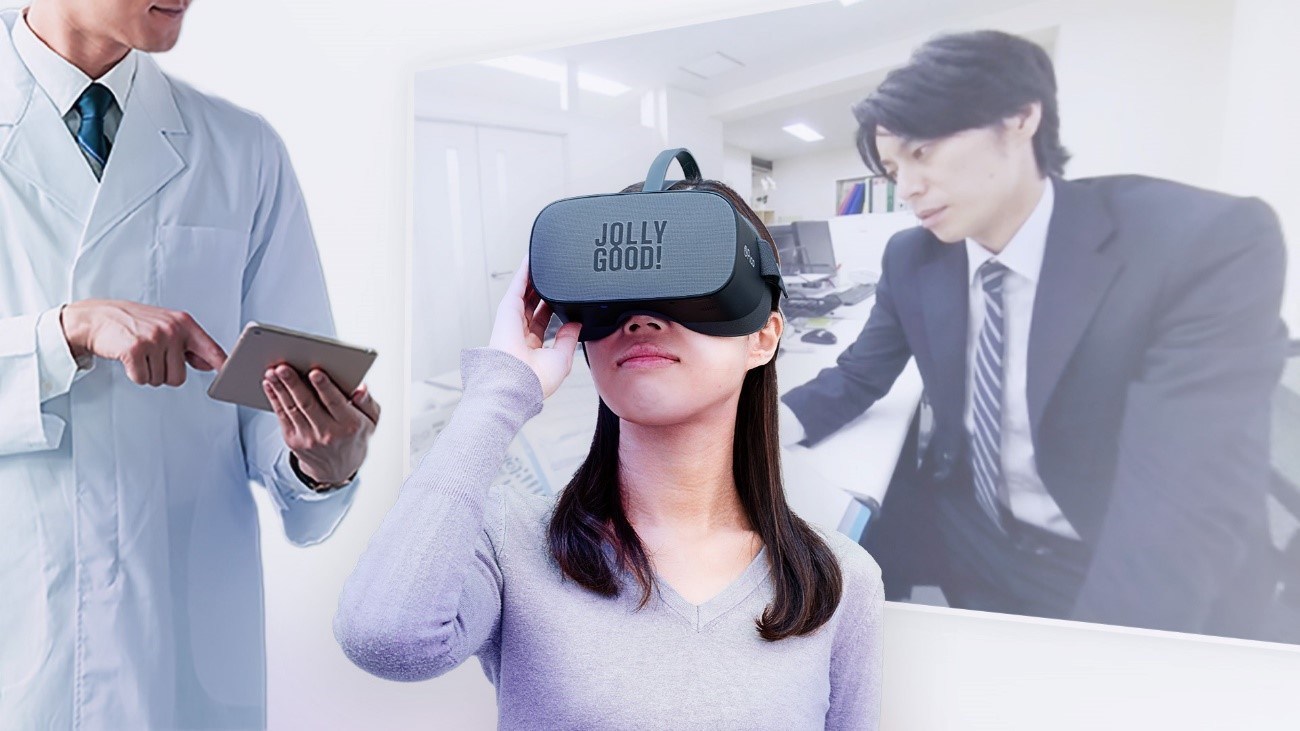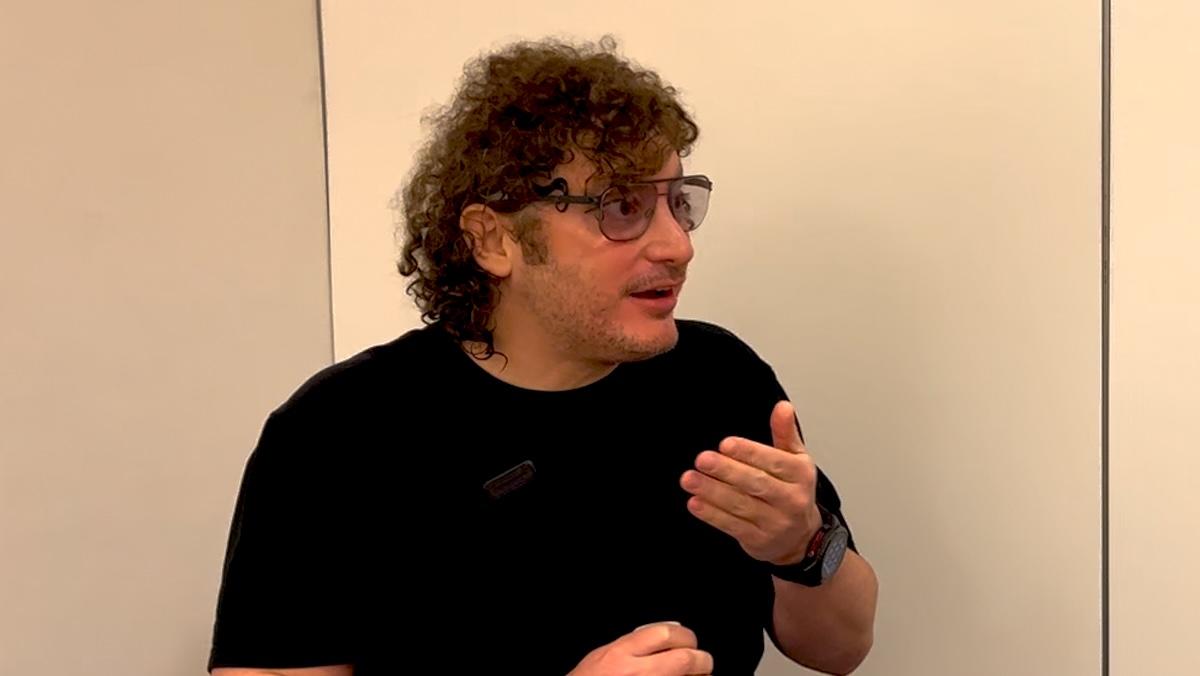Jolly Good/Teijin Pharma develop VR digital therapeutics for depression

Technology firm Jolly Good and Teijin Pharma have begun a partnership to develop virtual reality digital therapeutics (VR DTx) for major depressive disorder.
The goal of the partnership for approval for the Japanese market from the Pharmaceuticals and Medical Devices Agency (PMDA).
Jolly Good has already won a “Home Healthcare Award” in a programme held by Teijin in December last year.
The partnership will be based on Jolly Good’s technology and Teijin’s strategic expertise, the companies said.
Jolly Good is a medical technology company that develops VR solutions and AI-based medical and welfare services that analyse user behaviour in the VR space.
Using technologies such as VR and AI, the company aims to accelerate human growth and social rehabilitation in medical education and provide support for people with disabilities, as well as provide treatments for mental illness.
It also develops services to support the evolution of medical care and finding purposes in life, in collaboration with various research institutions and companies. Teijin Pharma is part of Teijin Group, a multinational offering services in high-performance materials, healthcare including pharma and IT.
It comprises more than 170 companies and employs 20,000 people across 20 countries worldwide. Virtual reality is a technology that is beginning to be used in healthcare across a variety of settings.
In 2019 Cognitant and Addenbrook’s Hospital in Cambridge, UK piloted a programme that aimed to educate patients to improve adherence to rheumatoid arthritis medicines.
The initiative was supported by grants from UCB and Pfizer and provided health information in the form of immersive experiences aimed at patients prescribed biologic drugs to treat the disease.
However Nokia famously ran into trouble when it tried to develop VR products for digital health and its OZO camera failed to catch on, mainly because of a high $60,000 price tag.
The company halted development before it eventually sold its digital health unit back to Eric Careel, co-founder of Withings, the following year.












